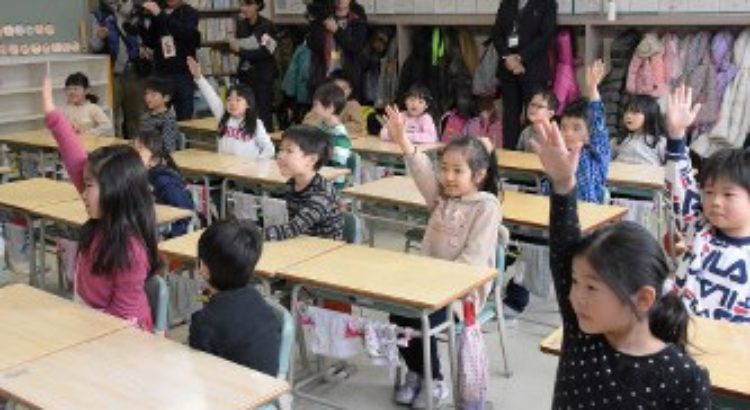Asia/ Japan/ 25.02.2020/ Source: mainichi.jp.
– At least 7.7% of foreigners in Japan between the ages of 15 and 19 are not in school or employment, a Mainichi Shimbun analysis of national census results has shown.
The figure is more than double that for Japanese nationals, which hovers at around 3.1%. It is believed that the higher proportion of foreigners in such circumstances stems from a mixture of insufficient Japanese language education and difficulties adapting to life in Japan.
It is possible the proportion of foreign teens not in education or employment could be even higher, as nearly 30% of minors of foreign nationality did not respond to the census.
The Mainichi Shimbun analyzed data from the most recent census conducted in 2015, focusing on minors between the ages of 15 and 19, and compared the results of those of foreign and Japanese nationality.
The census counted 74,517 minors of foreign nationality. Of the 55,496 that responded to the census questions, a total of 4,285, or 7.7%, were not in education or employment. Of these, 4,285 teens, 1,342 (2.4% of those who responded to the census) were unemployed and looking for work, 997 (1.8%) were engaged in domestic duties, and 1,946 (3.5%) had no intention of seeking work.
Altogether, 14,790 (26.7%) of the respondents were employed, and 36,421 (65.6%) were going to school.
However, there were another 19,021 young foreigners who did not respond to the census and whose labor status was unknown. They accounted for 25.5% of the people aged between 15 and 19, and it is expected that some of these people are neither working nor in school.
Among those of Japanese nationality, the proportion of people whose labor or education status was unknown stood at 6.3%, less than a quarter of the corresponding figure for foreign nationals. This indicates that the central government and local bodies are not aware of the living conditions of many young people of foreign nationality.
The census showed that there were 5,897,335 Japanese people aged 15 to 19, and answers were obtained from 5,524,999 of them. Of these, 174,027 (3.1%) were not attending school or working. Among those not at school or in employment, 58,265 (1.1%) were looking for work, 31,638 (0.6%) were engaged in domestic duties, and 84,124 (1.5%) had no intention of looking for work.
Itaru Kaji, a professor at Osaka Seikei University who is familiar with the life paths taken by foreign children in Japan, commented, «The risk of foreign children between the ages of 15 and 19 being placed in situations that cut them off from education or work is higher than for Japanese children. In particular, the proportion young people not in education or employment is high among those from Brazil, Peru and the Philippines, which have marked differences in language and culture. It’s necessary to create an environment in which it is easy for foreigners to study and work, and eliminate the blank gaps in their lives.»
Source of the notice: https://mainichi.jp/english/articles/20200225/p2a/00m/0dm/002000c








 Users Today : 5
Users Today : 5 Total Users : 35460022
Total Users : 35460022 Views Today : 9
Views Today : 9 Total views : 3418640
Total views : 3418640